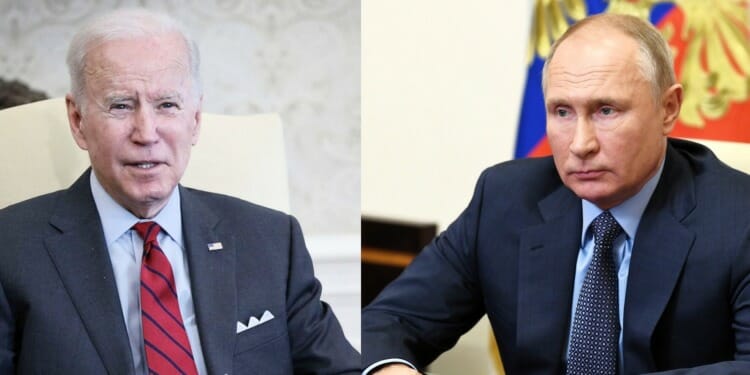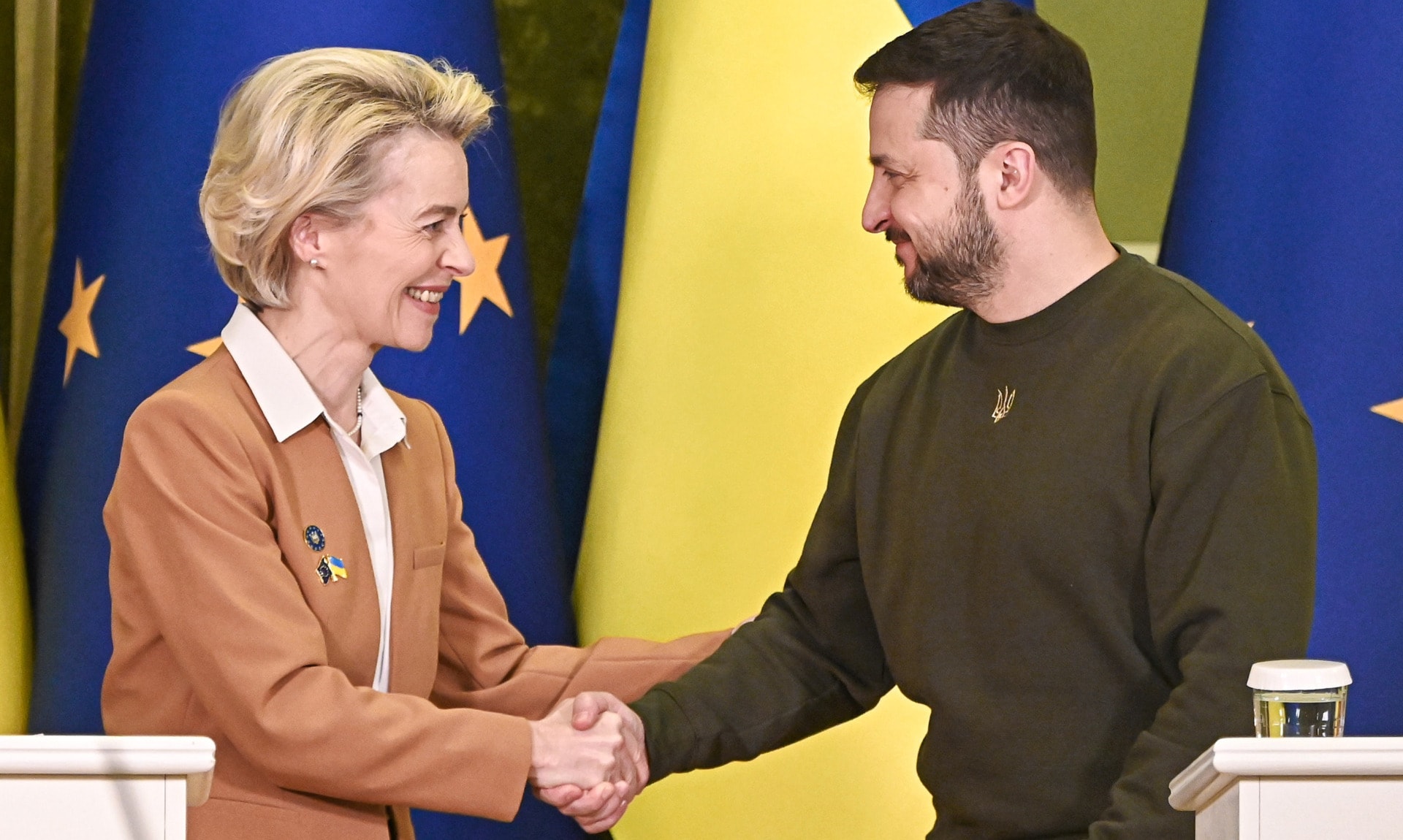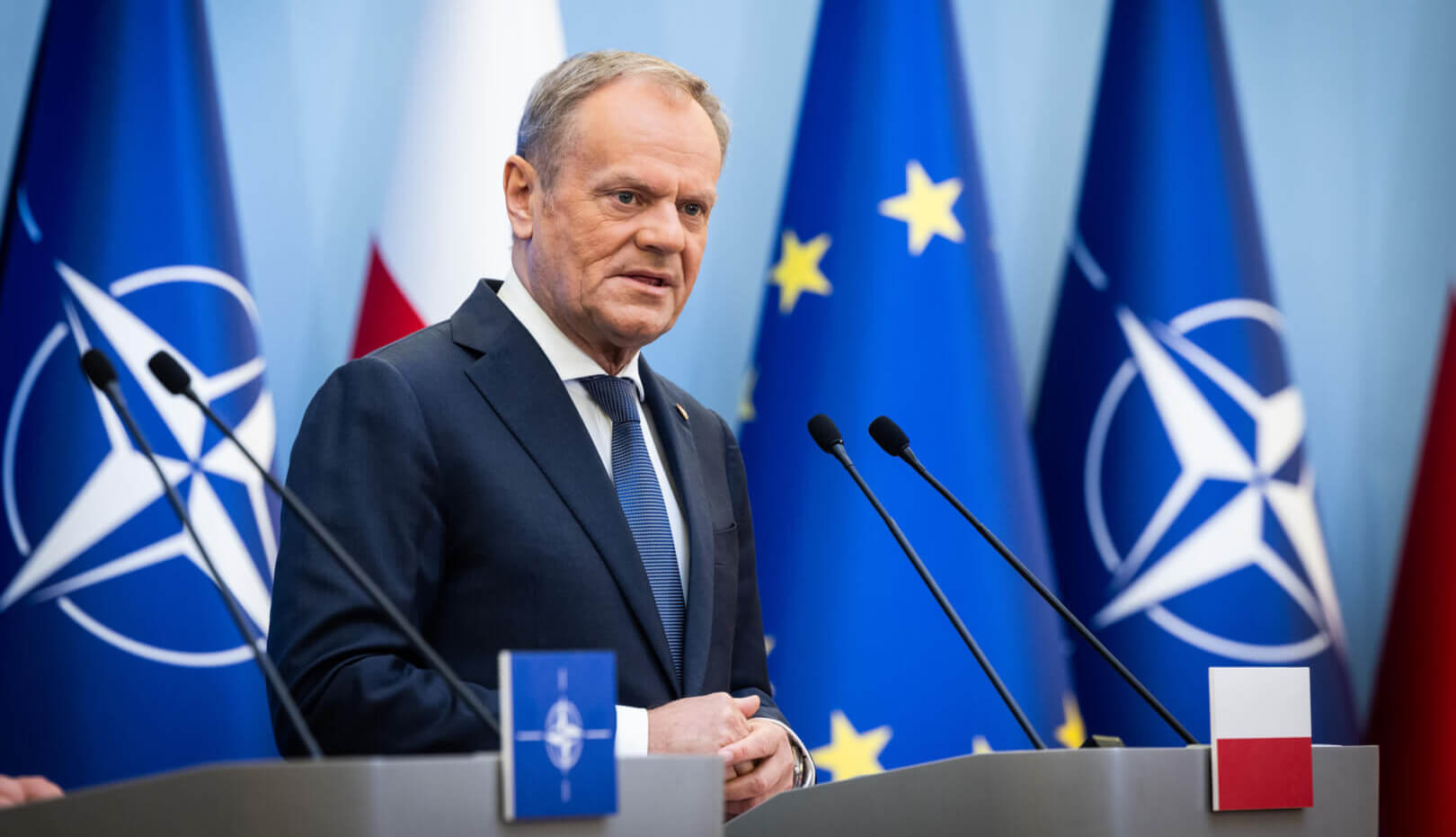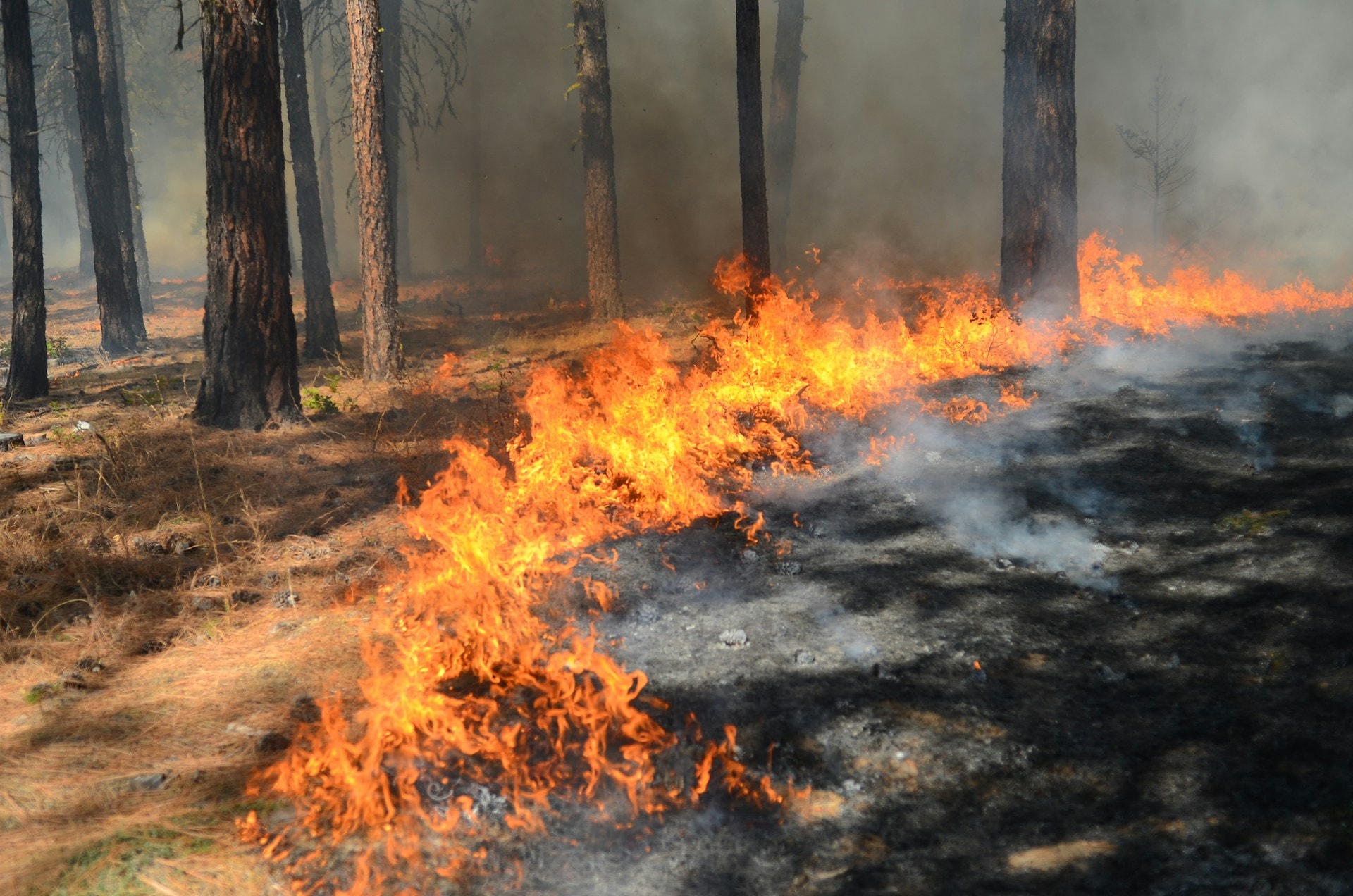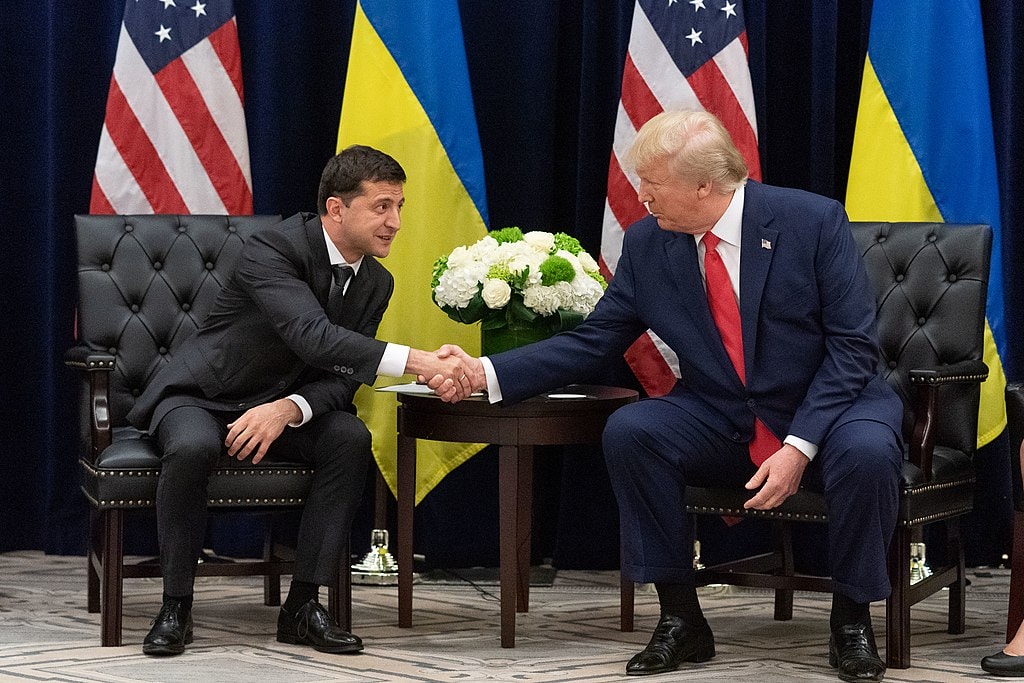Following weeks of tense military build-up, stumbling negotiations, and fitful, anxious preparations, the eyes of the world remain on eastern Europe, awaiting the potential Russian invasion of Ukraine. Hundreds of thousands of troops are lined up, ominous ‘war games’ are being frequently played out across the region, and diplomats and heads of state are attempting to make the rounds with Russian President Vladimir Putin and his administration to stave off the most potent European conflict in recent memory.
Now, amid troubling reporting from Reuters last week warning that US officials believe Russia has amassed around 70% of the combat power needed to launch a full scale invasion of Ukraine (with that capacity ever-rising), the so-called ‘leader of the free world’, US President Joe Biden, summed up what many are fearing in an eye opening interview with NBC News on Thursday – “things could go crazy quickly.”
Related Articles: Breyer’s Retirement: Why It Is Important, And Why It Isn’t | Voting Rights in America: Where Are We Now? | A Year On From January 6, 2021 | U.S Politics: The Virginia Litmus Test | Biden’s Make-Or-Break Moment
Whilst UK Prime Minister Boris Johnson told reporters that same day that he didn’t believe a decision had yet been made by Vladimir Putin on whether to begin the assault on Russia’s southern neighbour, a different, more expectant tone has come from across the Atlantic.
Alongside his urging for American citizens to hastily leave Ukraine, Biden indicated that he is quickly finding himself between a rock and a hard place in terms of his options, stressing that “we are dealing with one of the largest armies in the world.” Putin’s demands, including guarantees that Ukraine will not be allowed to join the NATO alliance, have been roundly rejected, and both ‘sides’ certainly appear to be preparing for escalation.
On Saturday, Biden and Putin had a keenly awaited phone call; yet, as was the case with other leaders such as French President Emmanuel Macron, a facade of ‘constructive discussions’ did little to ease concerns over possible Russian advancement.
A White House ‘readout’ of the call said that the US President “was clear that, if Russia undertakes a further invasion of Ukraine, the United States together with our Allies and partners will respond decisively and impose swift and severe costs on Russia.”
However, a senior US official briefing reporters following the meeting said it brought “no fundamental change”, and the US State Department issued a travel advisory the same day reporting the evacuation of the American Embassy in Kyiv “due to the continued threat of Russian military action.”
Make no mistake, the US military is by far the most powerful worldwide – spending more on defence than the next 11 nations combined.
But whilst such an advantage could serve as a strong bargaining chip in last-gasp negotiations, we aren’t there yet (nor should it ever get to that). Biden made clear in his interview with NBC that he would not send in US troops under any circumstances; yet, in doing so, the president punctuated the fears of many, stating that such a deterioration would be tantamount to “a world war”.
What Biden said next shows a worrying understanding over the inauspicious inevitability of the invasion of Ukraine – “what I’m hoping is that if [President Putin] is foolish enough to go in, he’s smart enough not to in fact do anything that would negatively impact American citizens.”
This is not to say that Biden is not building a military presence in the region. As reported in the Associated Press, the United States has already deployed troops to Germany, Poland, and Romania, and has joined several allies in supplying weapons to the Ukrainian military.
Nevertheless, NATO’s chief Jens Stoltenberg has echoed Biden’s insistence that there are no intentions to put troops on the ground should Russia invade Ukraine, a stance that implies heavy sanctions are more than on the table instead – which potentially include bans on dollar transactions in the nation and technology import restrictions.
Notably, the somewhat extremist proposal of isolating Russia from the SWIFT system of international payments (controlled by the US) was rejected by Germany’s Foreign Affairs Minister Annalena Boerbock, who called it “the biggest stick but not necessarily the sharpest sword”.
The U.S. is warning that Russia could invade Ukraine before end of the Olympics, and urged Americans to leave Ukraine within 48 hours.
We have the latest reporting from @RichardEngel and @PeterAlexander. pic.twitter.com/m1ePSkuE3Q
— NBC Nightly News with Lester Holt (@NBCNightlyNews) February 12, 2022
For Biden, clear political incentives and electoral consequences domestically must have played a role in his resolution to thrust the United States into the crisis in eastern Europe.
The president received months of staunch criticism for the abrupt US withdrawal from Afghanistan in the summer, and he will be keen to avert any similarly devastating optics for his decision making in Ukraine. A recent YouGov poll found that just 13% of Americans would support sending US troops into Ukraine, although there is fairly broad support for policies to help – including deploying financial aid and imposing sanctions on Russia.
In a critical year where approval from the American people must be high on the list of priorities for the president (and his party), severe escalation in Ukraine will surely be avoided at all costs.
One can find poll after poll that shows dwindling support for the president as the nation enters its midterm election cycle. One of the most stark new warnings comes from a CNN/ SSRS poll last week, which found most of those who disapprove of his presidential performance don’t like a single thing he has done whilst in the White House.
For a president who has, among other things, managed to pass a bipartisan bill worth trillions of dollars in Washington’s divisive political climate, one that will update infrastructure across America, this feels a little harsh. Nevertheless, overseeing a Russian invasion in Ukraine certainly wouldn’t do Biden’s image any favours, and would provide additional ammo to a Republican Party looking set to recapture control of Washington come November.
With more conservative-wins in the pipeline, including the likely overturning of Roe v Wade in the Supreme Court and the rolling back of abortion rights in the summer, many Americans may be feeling that the Democrat majorities from the last election cycle haven’t delivered as once hoped.
Fundamentally, the situation in Ukraine increasingly looks like a lose-lose conflict from eastern Europe to across the Atlantic. Such harsh realities don’t exactly play well to an electorate, and only effective de-escalation and unlikely credit for avoiding a war will allow Biden to escape out of eastern Europe unscathed.
Editor’s Note: The opinions expressed here by Impakter.com columnists are their own, not those of Impakter.com. — In the Featured Photo: US President Biden and Russian President Putin. Source For Putin: Wikimedia, 19 January 2021, Kremlin news/ For Biden: Screenshot from ABC news video


